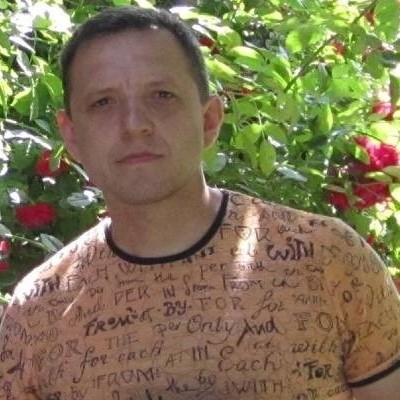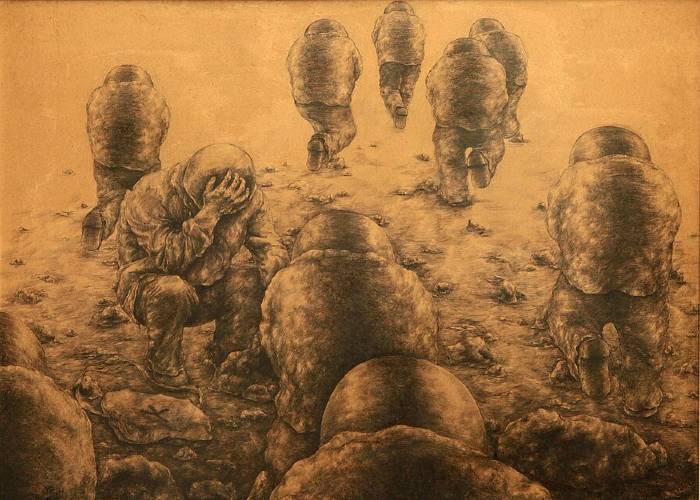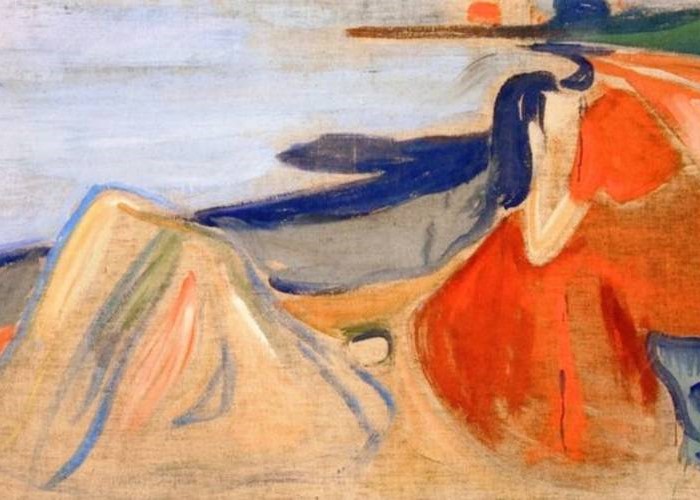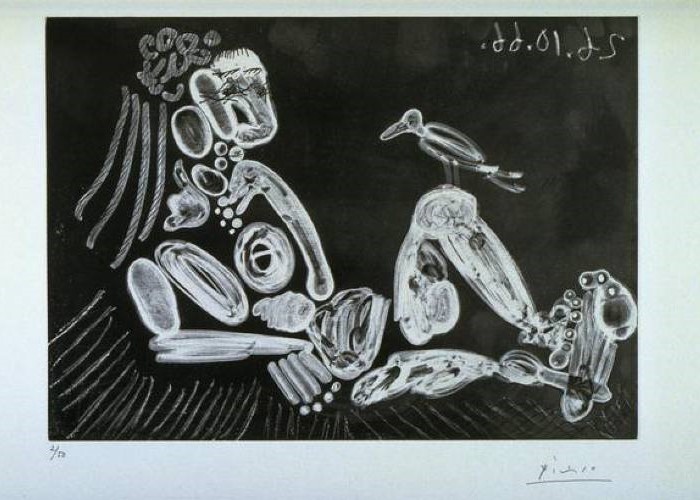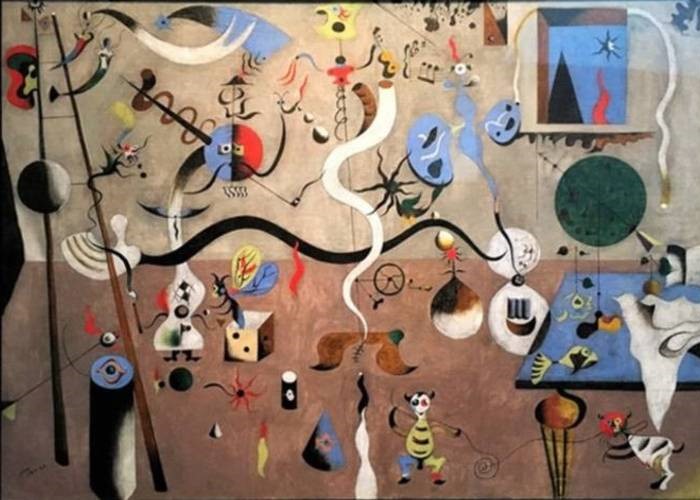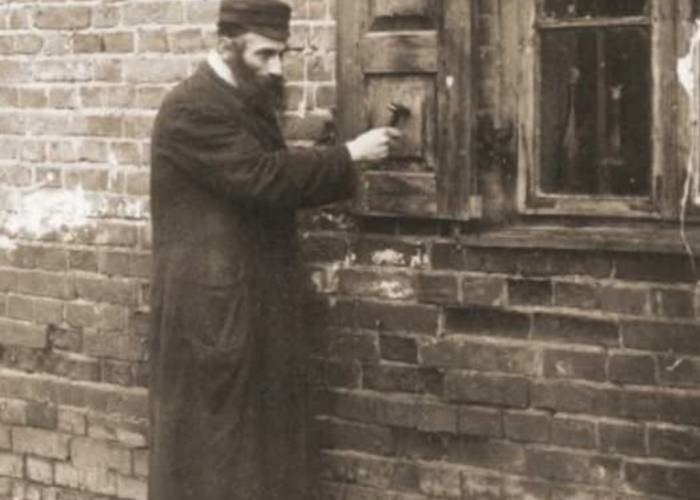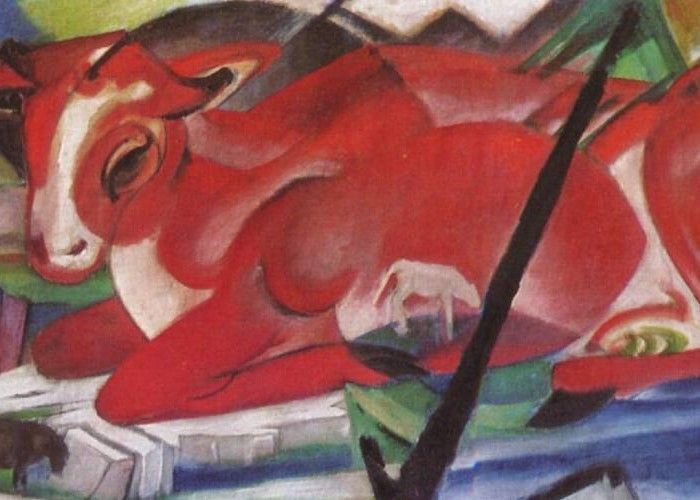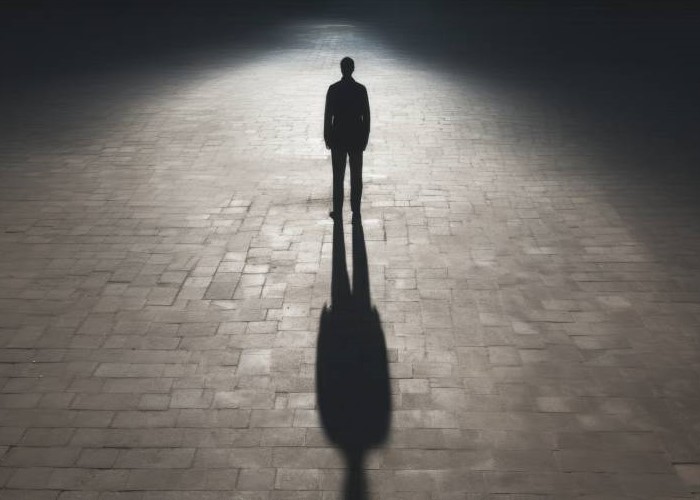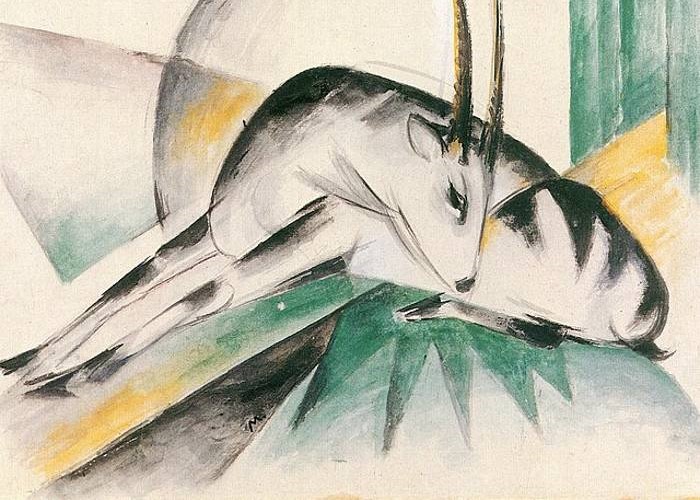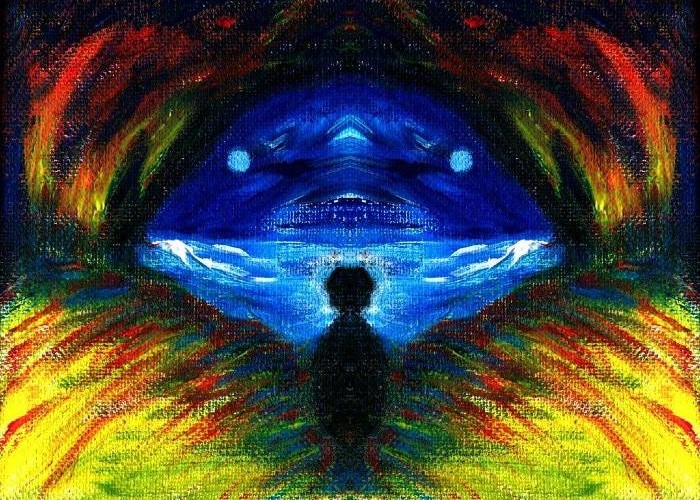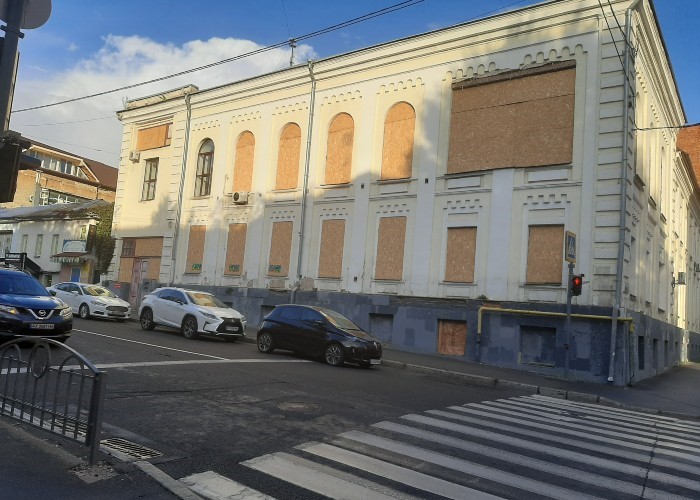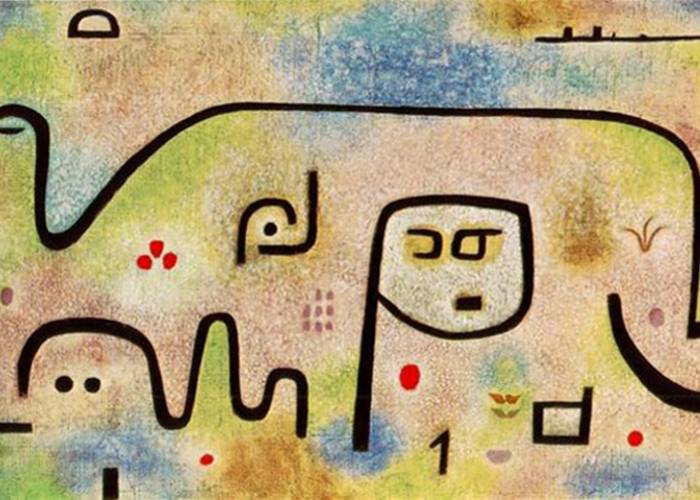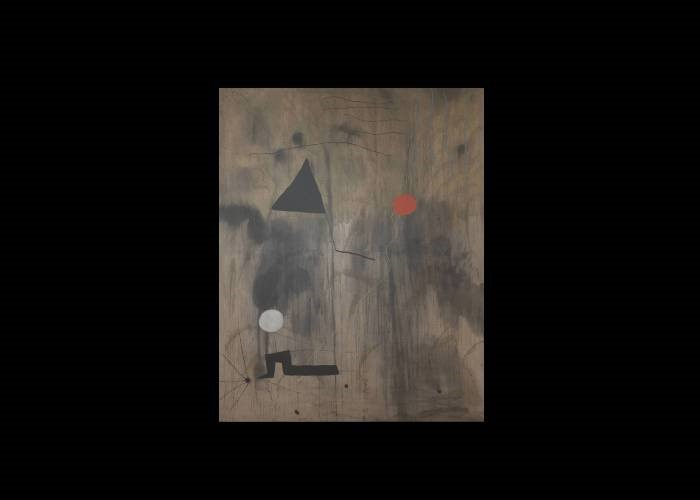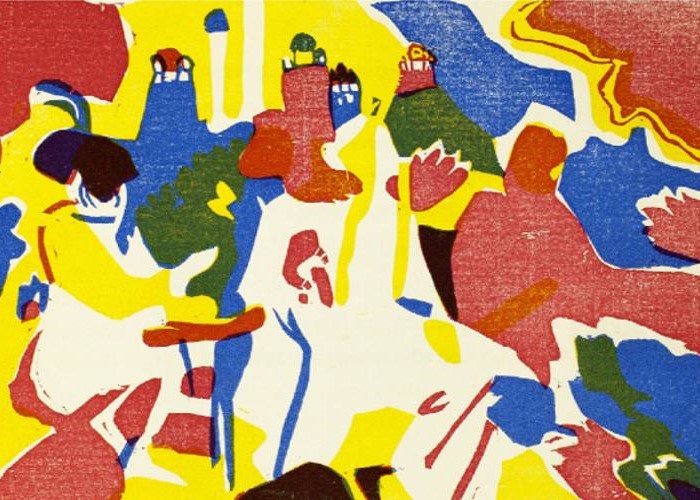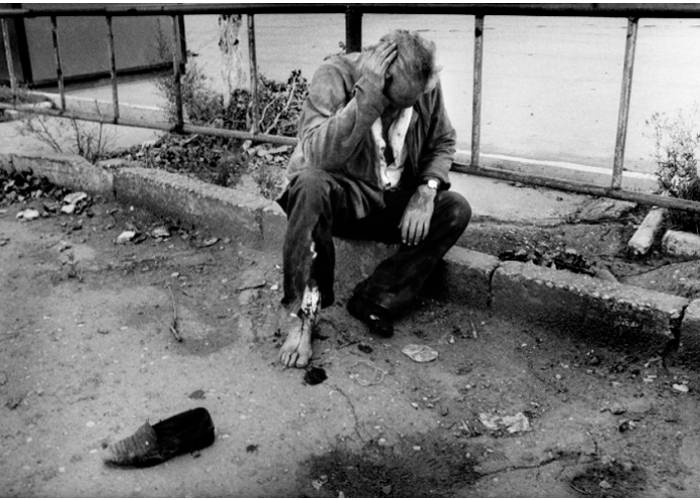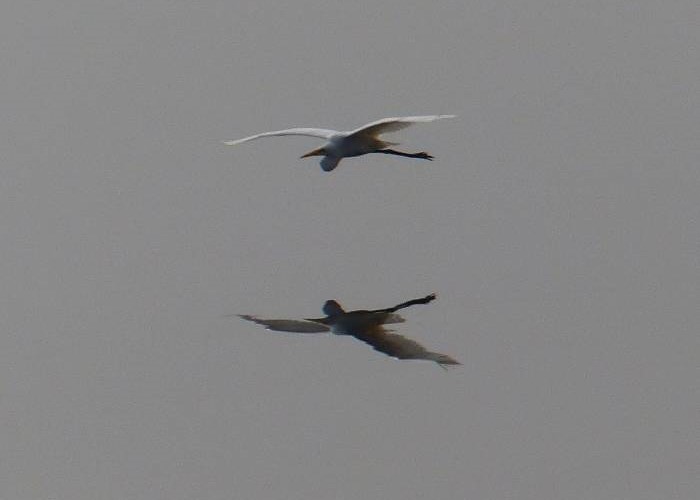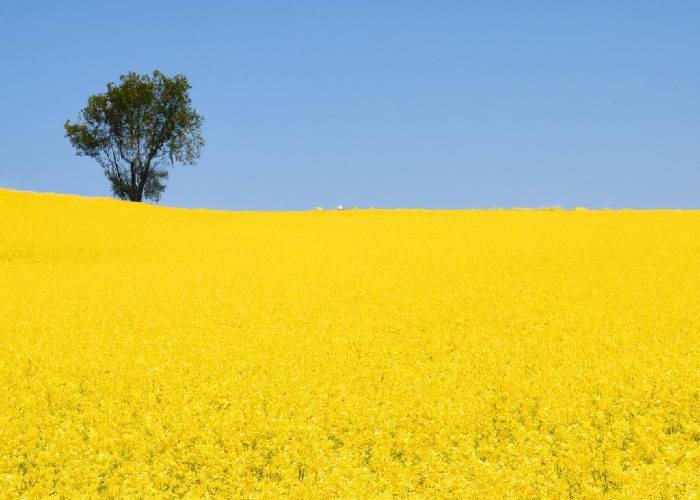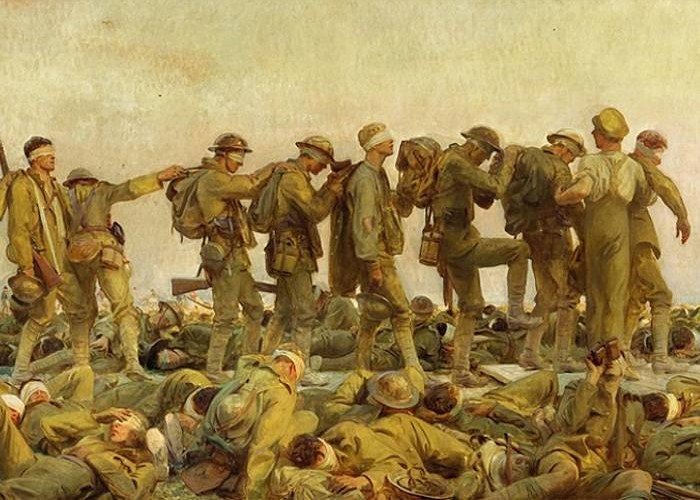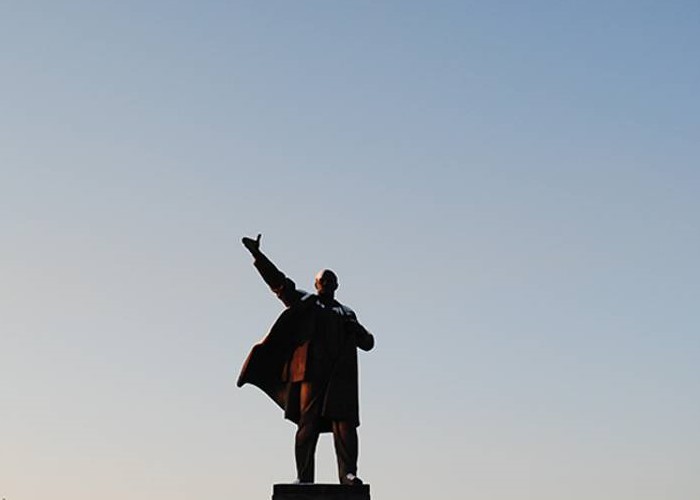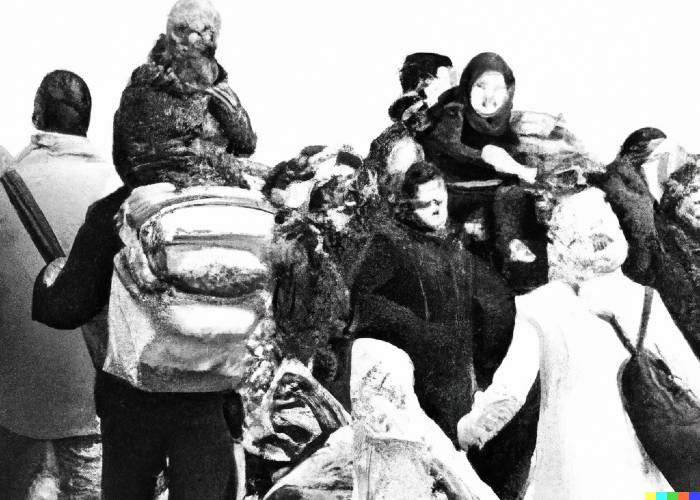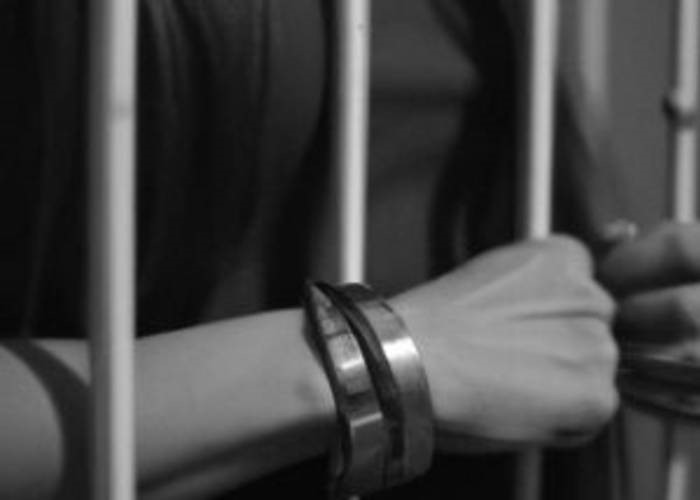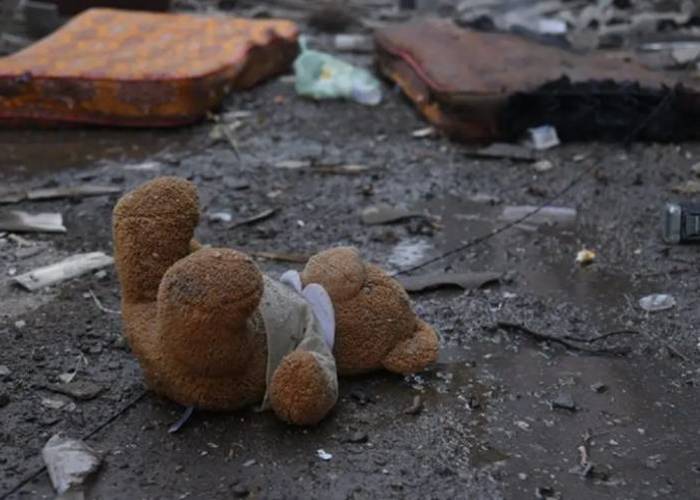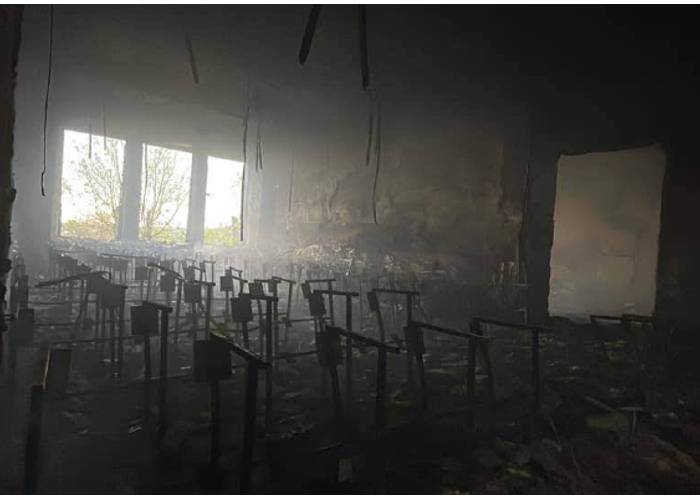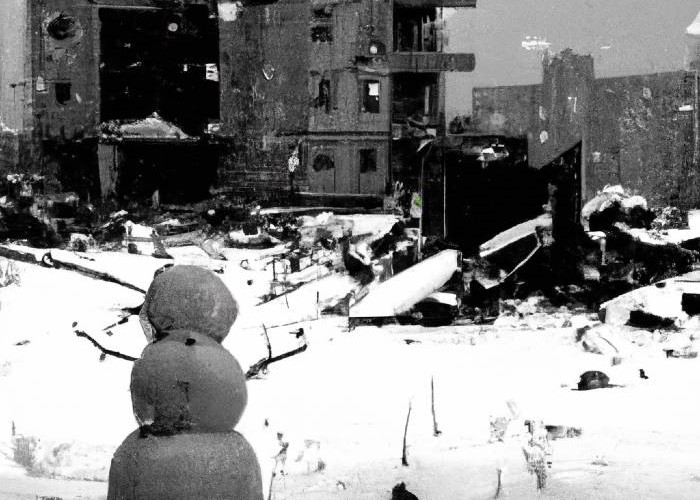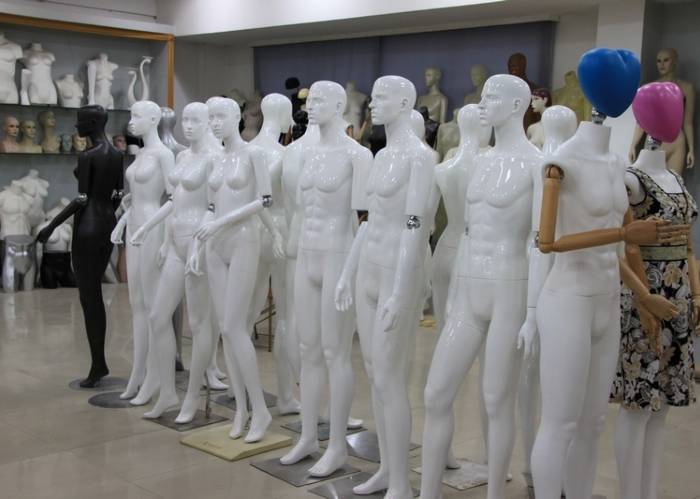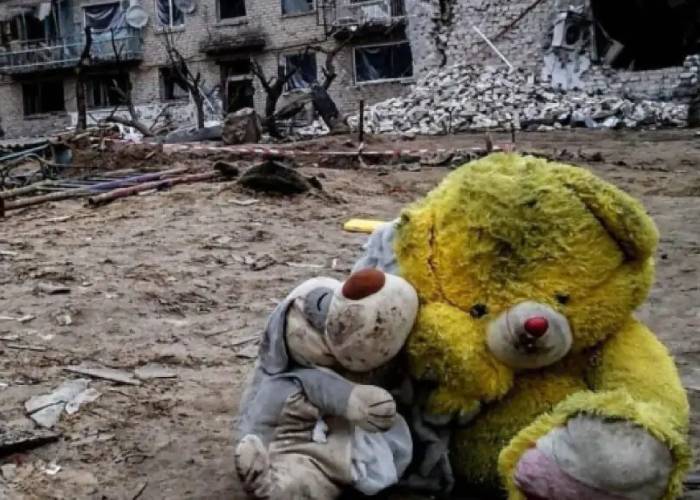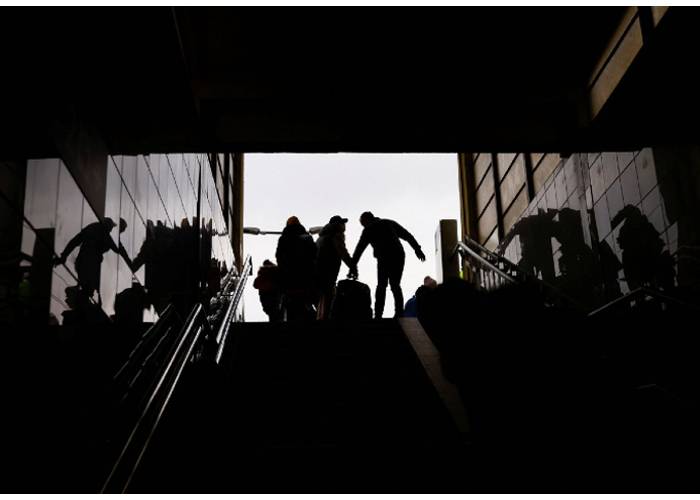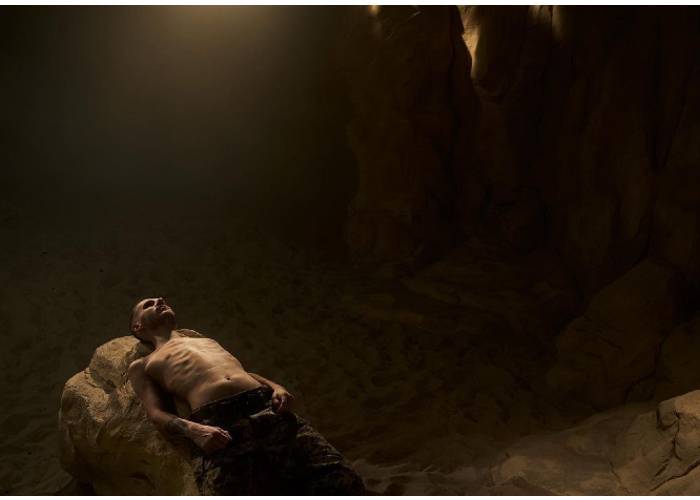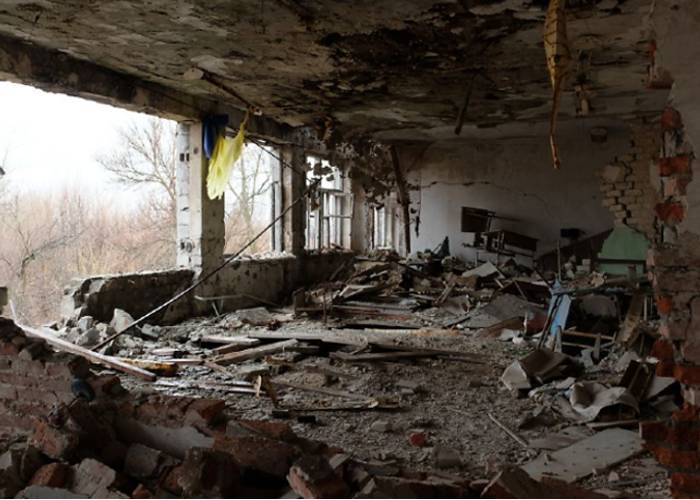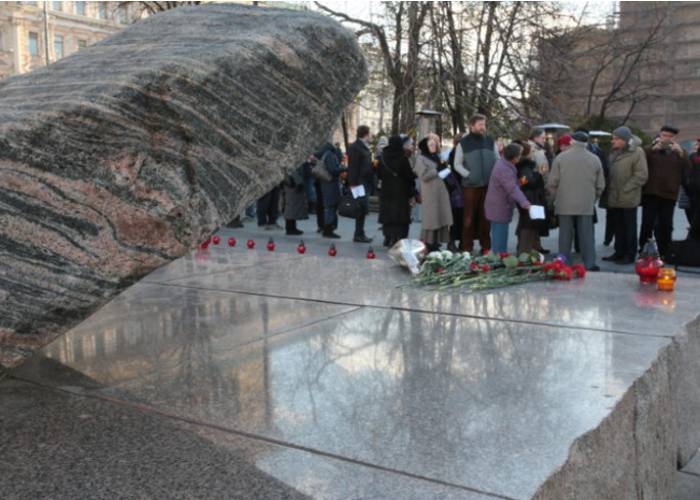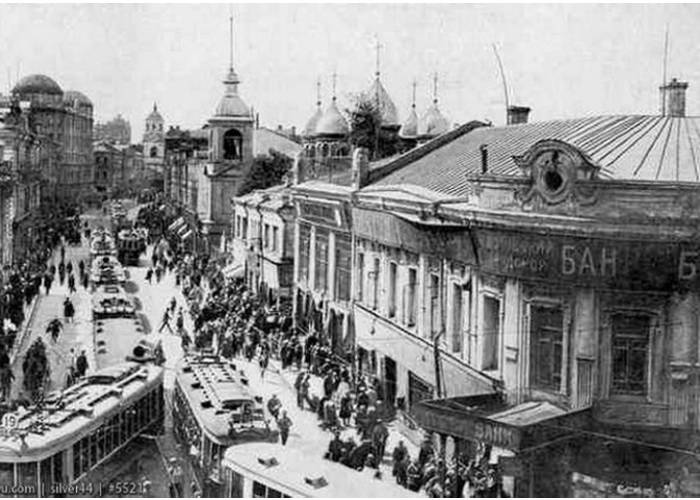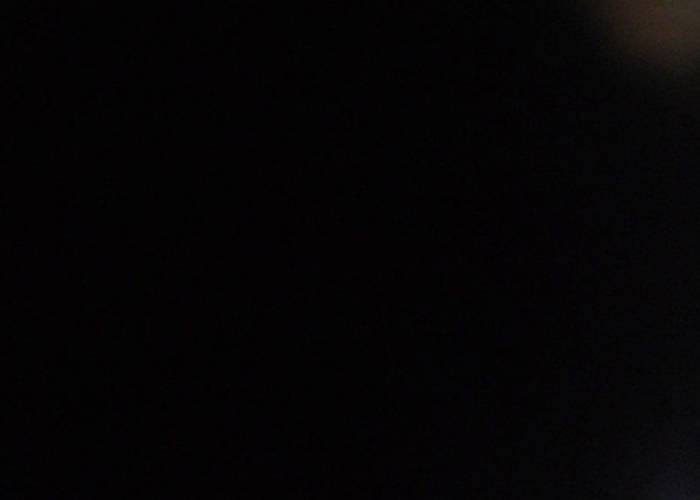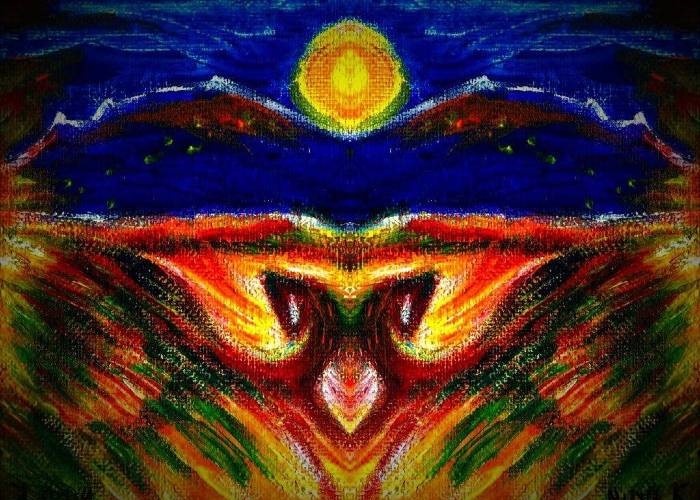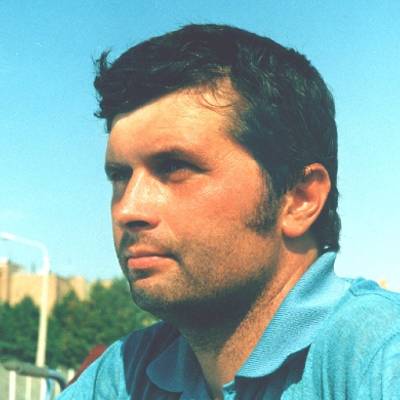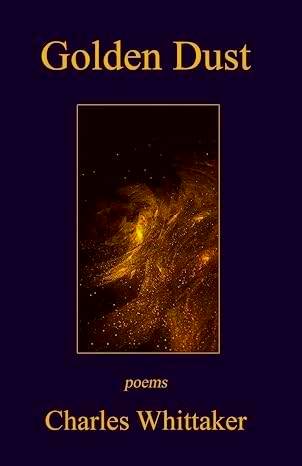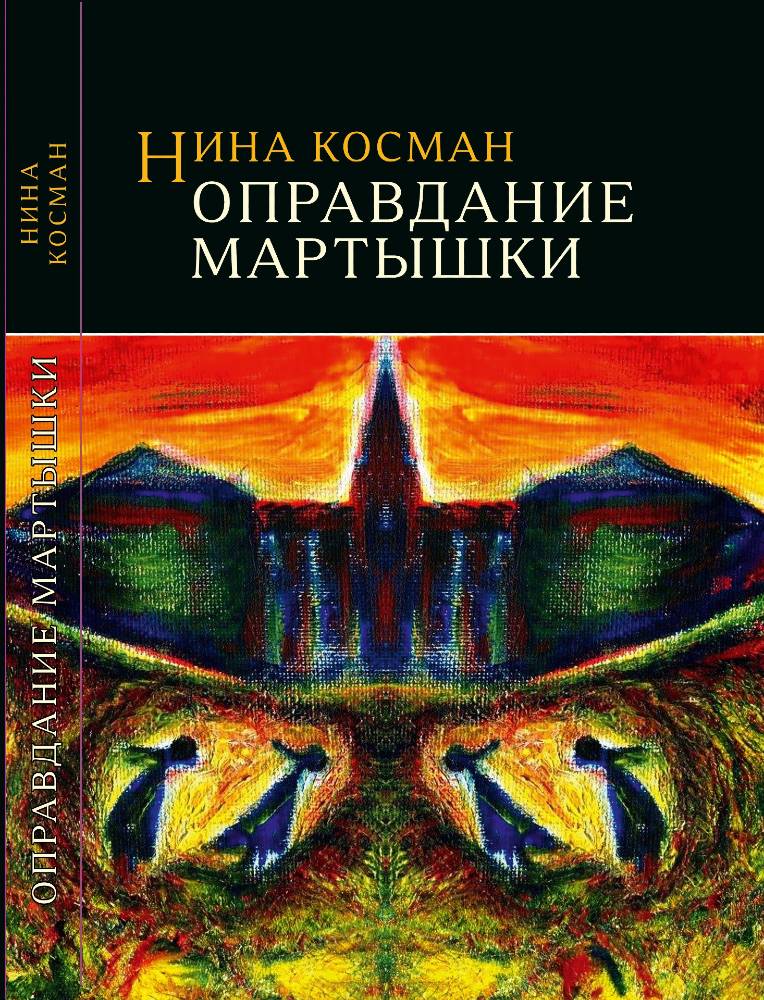Dawn
here is the dawn – tenderness of an early morning –
soft like pitted dates, and the soul recollects reluctantly: the war.
the war is waiting; every morning the transparent Cerberus
greets us,
rubs its three muzzles against our legs. Or throat.
did you sleep okay?
scratch me between the ears, I’m not going to
bite you to death, one of the heads says.
I am, barks playfully the second one.
the third head keeps menacing silence,
watching you,
and in the yard, the rose bushes have blossomed;
the big, chubby buds bloom,
showing off silky wounds,
and bees are buzzing quietly,
and the roar of the air raid alarm is growing through that sound.
at dawn, its voice is not scary,
as we are still filled with optimism.
and this beautiful day, it’s all ahead:
the long white and blue vase,
tall and elegant like a giraffe,
but already covered with hair-thin cracks,
the future shards.
it still holds together, by a miracle.
Salt Marsh
I’ve seen everything.
the sad guardian angel,
the wilted wings are all in concrete dust,
was sitting on the ruins of the burnt-out house.
the whole family died as fast as if
someone sucked out embryos,
as if no one has ever lived.
now the angel has to get up and walk,
putting his duck’s feet on the shrapnel and rubble,
crunch, crunch, crackle,
looking for new people to protect.
in the evening, the wary, fiery-orange elks of sunset
will come here,
to the salt marsh of the sorrow,
and will be licking the tasty dirt
that has already forgotten us.
Рассвет
вот он рассвет – нега раннего летнего утра –
мягкие финики без косточек, и душа неохотно
вспоминает – война.
война ждет, каждое утро встречает нас
прозрачный цербер.
трется тремя мордами о ноги. о горло.
как тебе спалось?
почеши за ушами. сегодня я не буду тебя загрызать
насмерть. говорит одна голова.
или буду.
игриво вылаивает вторая. а третья тяжело молчит,
внимательно следит.
а во дворе кусты роз расцвели
буйными мордатыми бутонами:
шелковые раны навынос.
и пчелы тонко жужжат,
и снова прорастает вой сирены — воздушная тревога —
утром этот звук не так страшен,
ведь мы еще наполнены оптимизмом после сна.
этот прекрасный день. он весь впереди-
длинная бело-голубая ваза
высокая и элегантная как жираф,
уже покрыта незаметными трещинами,
будущими осколками.
но она держится каким-то чудом.
солончак
я все видел.
печальный ангел-хранитель,
обвисшие крылья покрыты бетонной пылью,
сидел на обгоревших камнях в сожженном доме.
вся семья погибла быстро
будто отсосали зародыши.
точно не было никого.
теперь ангелу нужно встать и идти по осколкам
утиными лапками хрусть трясть,
искать новых людей для защиты.
однажды вечером сюда придут
огненно-оранжевые чуткие лоси заката
на солончак горя,
и будут жевать лизать вкусную землю,
где нас уже нет.
